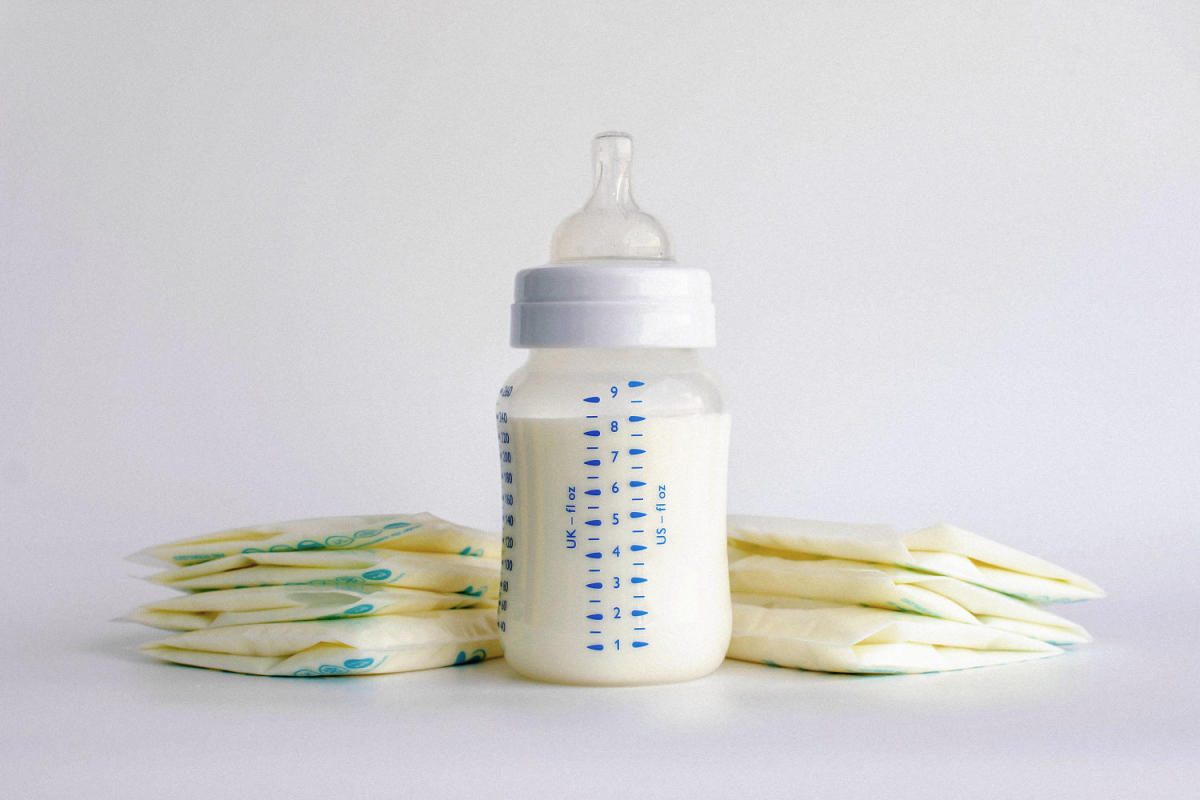Mar. 6—CHEYENNE — Laramie County’s Board of County Commissioners voted Tuesday to implement fire restrictions in the county in response to recent fires and dry conditions.
“I would encourage the citizens to pay attention to this,” said County Commissioner Linda Heath. “We do have a lot of growth out there that is very dry from last summer, and it won’t take much at all for that to take off. And when we look at our subdivisions and smaller lots, we put a lot of homes in danger with these fires.”
A fire on Feb. 24 southwest of Cheyenne burned around 4,000 acres, and another on Friday west and northwest of the capital city burned more than 6,600 acres, affecting around 60 properties in some capacity, though only a garage and a deck attached to a house were lost.
“With a number of fires in between those, it’s very important that we remind our residents that we are dry, and we’re not receiving the moisture that we typically get over the winter,” said Laramie County Fire Warden Matt Butler. “And the spring moisture, if we get it, has not hit yet.”
Yet another grass fire broke out Wednesday afternoon near Casey Ranch Road southeast of Cheyenne, east of the Archer Complex. It was contained relatively quickly, and no major damage was immediately reported.
The commissioners’ resolution outlines the following restrictions and exceptions:
— Discharge of all fireworks and outdoor fires are prohibited in unimproved areas.
— All campfires are prohibited.
— Trash or refuse fires between the hours of 6 p.m. and 8 a.m., inside containers provided with spark arresters and located within a cleared radius of a minimum of 15 feet of burnable materials.
— Charcoal fires within charcoal grills are permitted.
— Use of acetylene cutting torches, electric arc welders or metal grinding in a cleared radius of 15 feet from burnable materials are permitted.
— The use of portable stoves, lanterns using gas, jellied petroleum, pressurized liquid fuel or fully enclosed (sheepherder type) stove and open fire branding activities in a cleared radius of 15 feet of burnable materials is permitted.
— Devices using pressurized liquid or gas (stoves, grills or lanterns) that include shut-off valves are permitted when used in an area at least three feet or more from flammable material such as grasses or pine needles.
Violations may result in a fine not to exceed $100 or imprisonment not to exceed 30 days or both. The resolution passed unanimously, though Brian Lovett, chairman of the board, was absent.
There are only two other counties in the state that currently have similar restrictions in place, but Butler said he feels others may follow suit soon. The full resolution can be found on the Laramie County website, as well as websites of the Laramie County Fire Warden and Wyoming State Forestry under “restrictions.”
In addition to the restrictions, the governing body also declared a state of emergency following the March 1 blaze. Doing so removes paperwork in the process of receiving state or federal support and creates more funding options for emergency services.
“Much like any large emergency or disaster, everything begins and ends at the local level,” said Jeanine West, director of Cheyenne/Laramie County Emergency Management.
Once local resources have been exhausted, the emergency management system turns to state and federal support. The declaration allows them the opportunity to close the gap on paperwork when it comes to the state resources that were requested, such as helicopters and airplanes, which will far exceed the county’s financial capabilities for this type of event, West said.
It also allows them to apply for federal grants through the Federal Emergency Management Agency. The grants support the response, cleanup and preventative measures in burned areas; potential replacement of damaged equipment; or any other resources needed in mitigation of future fires.
“I think it’s very important in this time where we’re hearing about ‘What is the government doing for me?’ and these volunteer fire departments are funded by special district property taxes and their ability to do their job is what you are paying for in those taxes,” said County Commissioner Gunnar Malm.
“They saved homes and they saved livelihoods, and I just applaud them and everybody that was involved. It’s not just a nameless, faceless thing. You get services for this, you hope you never have to get those services, but you’re glad when they’re there.”
Noah Zahn is the Wyoming Tribune Eagle’s local government/business reporter. He can be reached at 307-633-3128 or nzahn@wyomingnews.com. Follow him on X @NoahZahnn.
Signup bonus from





